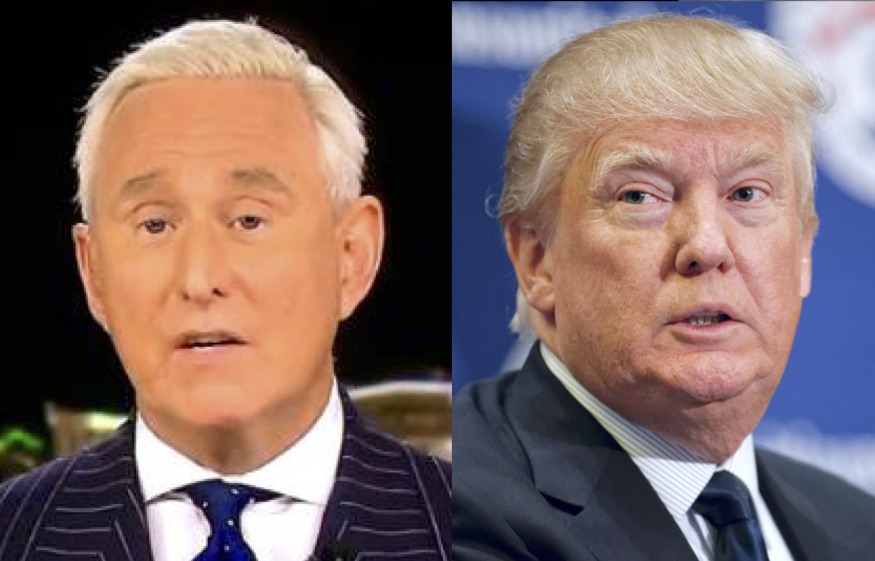Roger Stone now admits he communicated directly with Russian hacker who stole DNC emails

Two days ago, investigative site The Smoking Gun uncovered evidence that former Donald Trump campaign adviser Roger Stone had communicated directly with the Russian hacker who stole DNC emails. Today, Stone himself is admitting in an interview with the Washington Times that the conversations did indeed happen. This marks the first official documentation that the Trump campaign communicated directly with Russian hackers during the election – and it’s a big deal.
Roger Stone had admitted in a Twitter post months ago that he’d been keeping a “backchannel” open with international cyberterrorist group WikiLeaks, which went on to release the stolen DNC emails in question — an admission he repeated last week in a twitter post he later deleted. It’s long been suspected that a Russian hacker nicknamed Guccifer 2.0 stole the DNC emails and then fed them to WikiLeaks for public release. And now Stone is finally admitting that he was communicating directly with Guccifer 2.0, and not merely with the WikiLeaks intermediary.
So where does this leave us? Several of Donald Trump’s campaign advisers, including Jeff Sessions and J.D. Gordon and Carter Page, have now admitted to having met privately with the Russian Ambassador during the course of the election. According to recent admissions by Page and Gordon, those meetings were related to Trump’s personal insistence that the Republican Party platform be changed to favor Russia.
While that’s suspicious in its own right, proving a conspiracy to rig the election would require demonstrating that the Trump campaign knowingly made the platform change in exchange for Russia hacking the election. Thus it’s a big deal that Roger Stone is now admitting to the Washington Times (after he’d just been outed by The Smoking Gun) that he was in direct contact with the Russian hacker responsible.
This means the Donald Trump campaign was in direct contact with both the Russian diplomat who wanted the party platform changed and the Russian hacker who rigged the election, connecting the campaign to both sides of the conspiracy and making it nearly impossible for the campaign to argue that it wasn’t a quid pro quo arrangement. Roger Stone was a Trump campaign adviser, and Trump and Stone are close friends going back decades, making it nearly impossible for Trump to claim that he didn’t know about the Russian plot his campaign was carrying out. Contribute to Palmer Report
